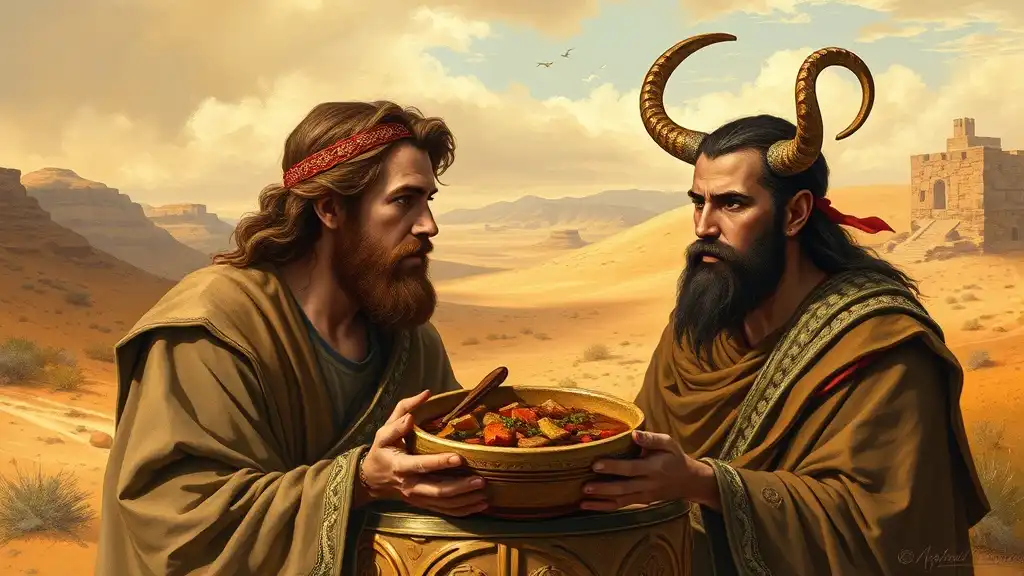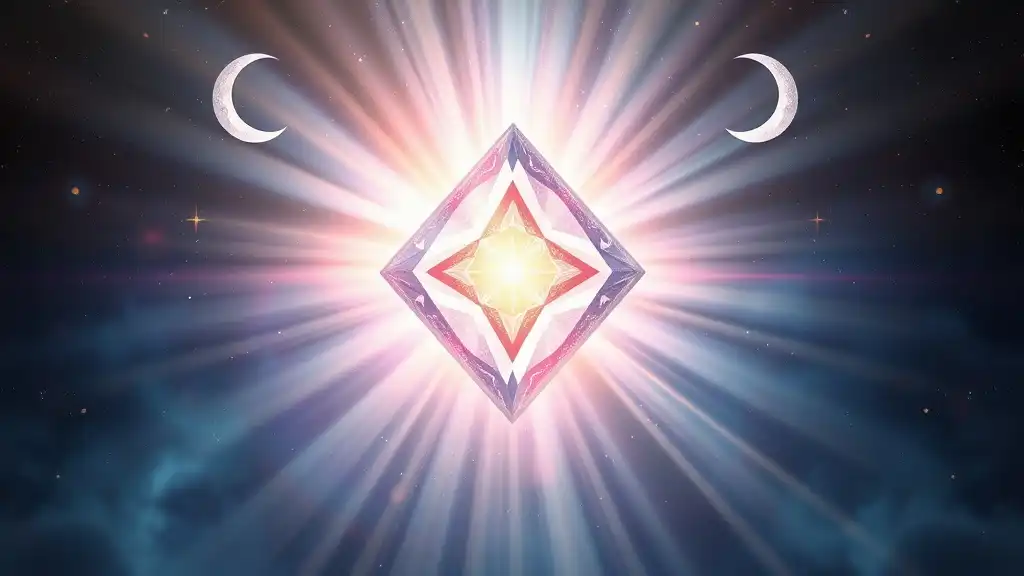Jacob and Esau's story is one of the most profound narratives found in the Bible, holding rich spiritual meanings and lessons that resonate even today. These twin brothers, born to Isaac and Rebekah, represent not just family dynamics but also the broader themes of conflict, reconciliation, and personal growth. To understand their spiritual significance, we must dive deeply into their backgrounds, symbolism, and the lessons we can glean from their lives.
The Context of Jacob and Esau
Historical Background
Jacob and Esau are descendants of Abraham, representing pivotal figures in the lineage of Israel. Isaac, their father, is known for his faith and his covenant relationship with God. Their mother, Rebekah, played a crucial role in shaping their destinies and propelling the conflicts that would arise between her two sons. The tension between Jacob and Esau exemplified the struggle between differing ideals and familial obligations.
Characters in Scriptural Narrative
Jacob, whose name means "supplanter," is depicted as a cunning and resourceful individual who seeks to better his situation through cleverness. On the other hand, Esau, the firstborn, represents the ruggedness of the earth and earthly pleasures, often associated with immediacy and instinct over foresight and wisdom. The distinct characteristics of these brothers set the stage for their spiritual journey and the broader lessons they embody.

The Spiritual Symbolism of Jacob and Esau
Duality in Human Nature
At the heart of their story lies the concept of duality. Jacob and Esau embody the inner conflict within each human being—the struggle between our "higher" self, represented by Jacob, and our "lower" self, embodied by Esau. This duality reminds us that we are all capable of both noble pursuits and base instincts. The narrative compels us to examine the choices we make in alignment with our spiritual aspirations versus those driven by primal desires.
The Birthright and Blessing
The birthright, which Esau carelessly sold to Jacob for a mere bowl of stew, symbolizes the richness of spiritual potential that many overlook in pursuit of immediate gratification. In a spiritual context, the idea of laying claim to one's birthright speaks to the importance of recognizing and valuing our divine inheritance. The implications of Jacob receiving Esau's blessing highlight the spiritual consequences of our choices. By seeking to secure his future through subterfuge, Jacob's actions prompt reflection on integrity, honesty, and the cost of deception.

Lessons and Insights
The Consequences of Choices
Jacob and Esau's decisions lead to a series of life-altering repercussions. Jacob's manipulations catalyze a deep rift between the brothers, illustrating the inescapable nature of karmic cycles. Each action precipitates another, leading to eventual estrangement. This narrative serves as a powerful reminder that our choices, whether made in love or desperation, can have lasting effects on both ourselves and others.
Reconciliation and Forgiveness
After many years apart, Jacob and Esau ultimately reunite, bearing the weight of their past and demonstrating the profound capability of forgiveness. Their embrace is one of the most heartwarming moments in the narrative, symbolizing the potential for healing and reconciliation. This reconciliation serves as a powerful reminder that, no matter the conflict, forgiveness can lead to new beginnings. It prompts us to consider the importance of bridging divides—even those forged through deep-seated grievances.

Jacob's Transformation
From Deceiver to Israel
Jacob’s transformation is central to understanding his spiritual journey. After wrestling with an angel, he emerges with a new name—Israel, meaning "he who struggles with God." This name change signifies more than just a shift in identity; it represents his spiritual ascent. Jacob's journey from a deceiver to a spiritually awakened individual underscores the process of inner transformation that each of us must undergo.
The Role of Struggle in Spiritual Evolution
Jacob's struggle with the angel serves as a metaphor for the inherent challenges and adversities we face on our spiritual paths. It emphasizes that to grow and evolve spiritually, we must confront our inner conflicts and fears. This wrestling is not just a fight but a profound engagement with the self, helping us to realize our potential. Through struggle, we can gain clarity, strength, and, eventually, spiritual enlightenment.

Modern Applications of the Story
Jacob and Esau in Everyday Life
The themes in Jacob and Esau's story remain relevant today. In our own lives, we often encounter rivalries—whether they be familial, professional, or personal. The rivalry between Jacob and Esau teaches us that conflict often arises from misunderstanding. By approaching relationships with a mindset of compassion and openness, we can foster stronger connections, echoing the eventual reconciliation of the two brothers.
Spiritual Growth Through Adversity
Moreover, Jacob and Esau's narrative encourages us to find meaning in our struggles. Life is rife with challenges, but it is often through adversity that we cultivate strength, resilience, and deeper understanding of ourselves. Embracing our duality allows us to accept all parts of ourselves, paving the way for growth and spiritual awakening.

Conclusion
Jacob and Esau's journey is a rich tapestry of spiritual lessons that highlight the complexities of human nature, the impact of choices, and the importance of forgiveness. Their story compels us to reflect on our own lives—how we can navigate our inner conflicts, make choices in alignment with our higher selves, and seek reconciliation in times of division. Ultimately, their narrative is not just about rivalry but about the evolution of the spirit, guiding each of us as we traverse our unique paths toward understanding and connection. Through their story, we are encouraged to embrace the journey of our own spiritual exploration, utilizing our experiences to grow and forge meaningful relationships.



















